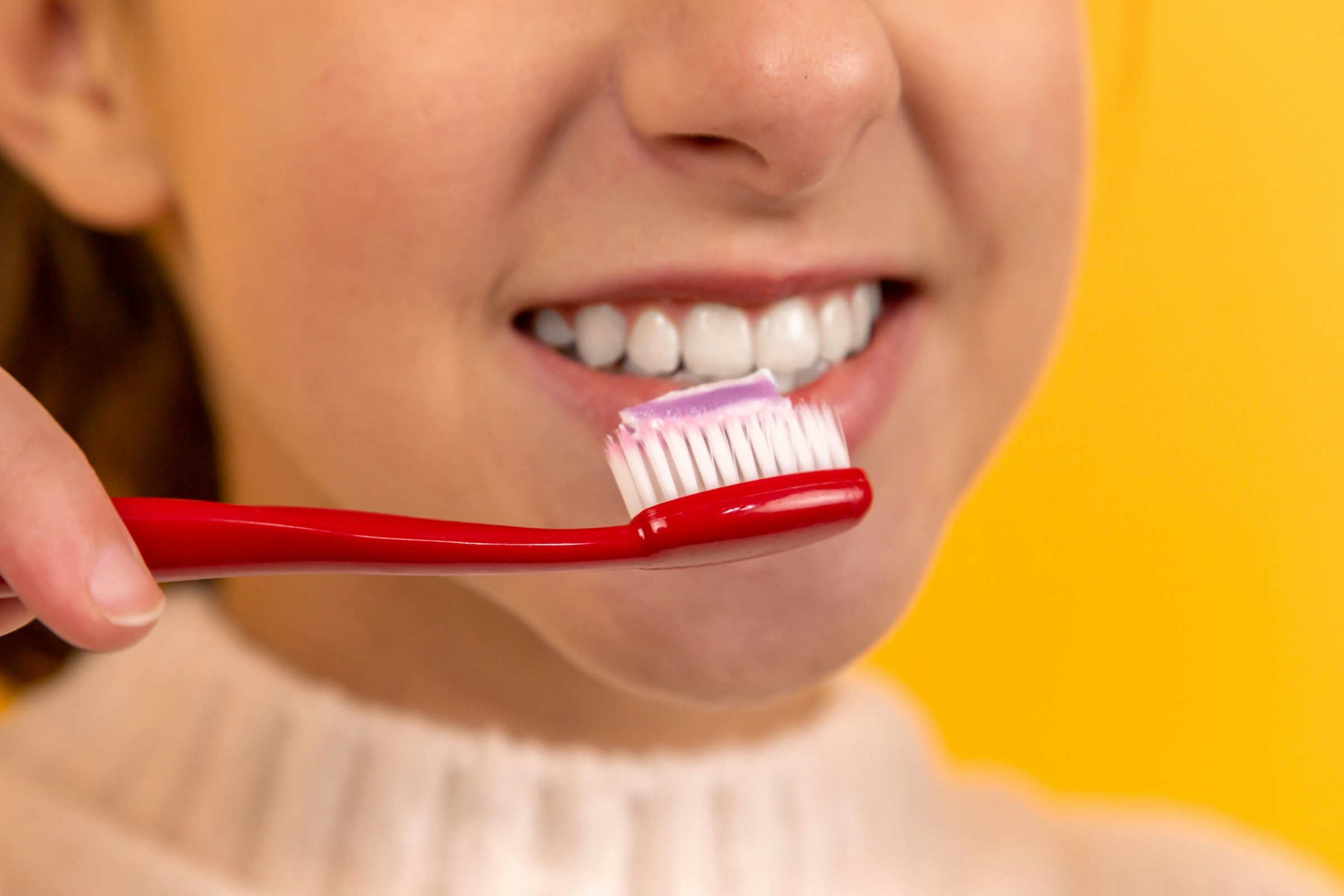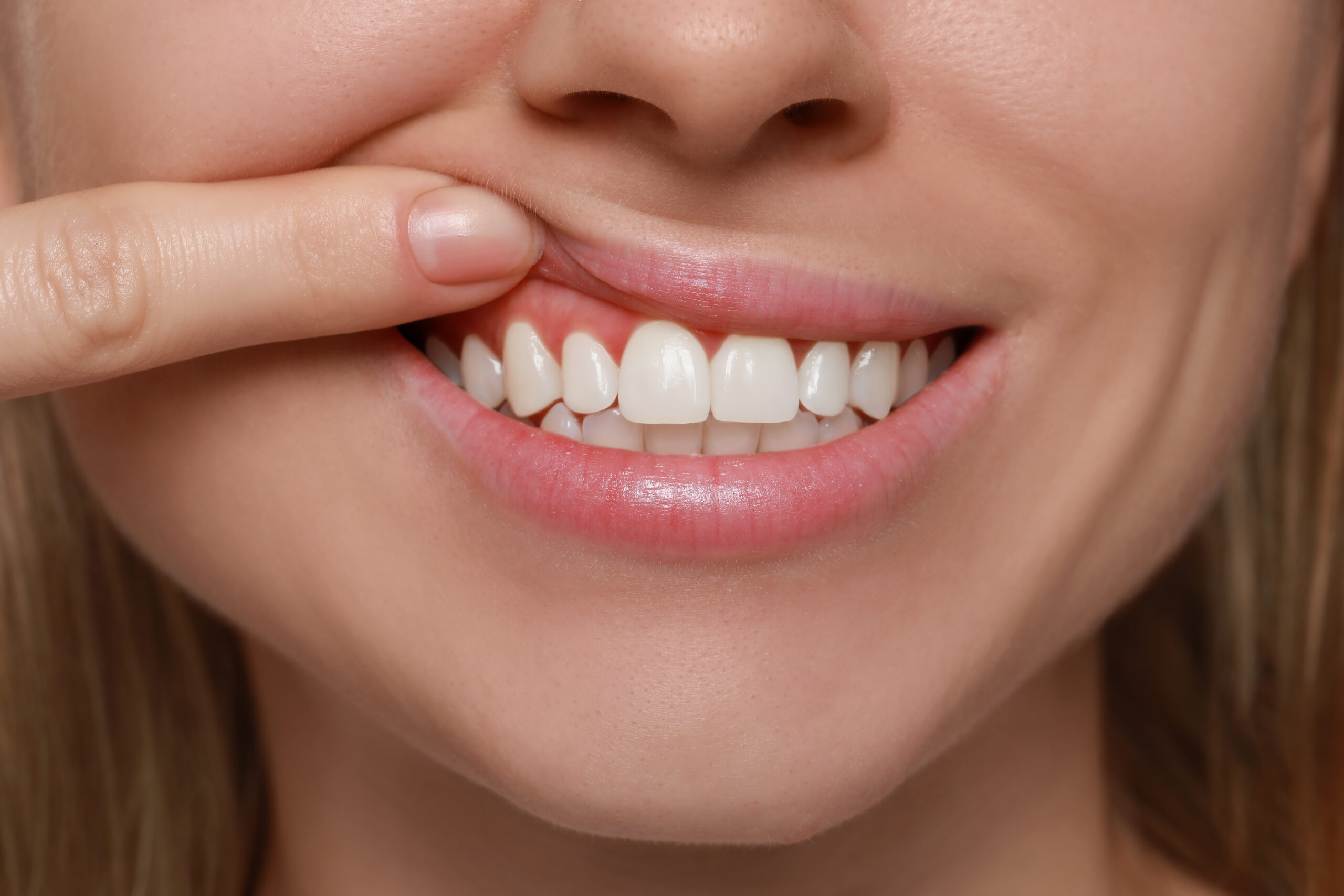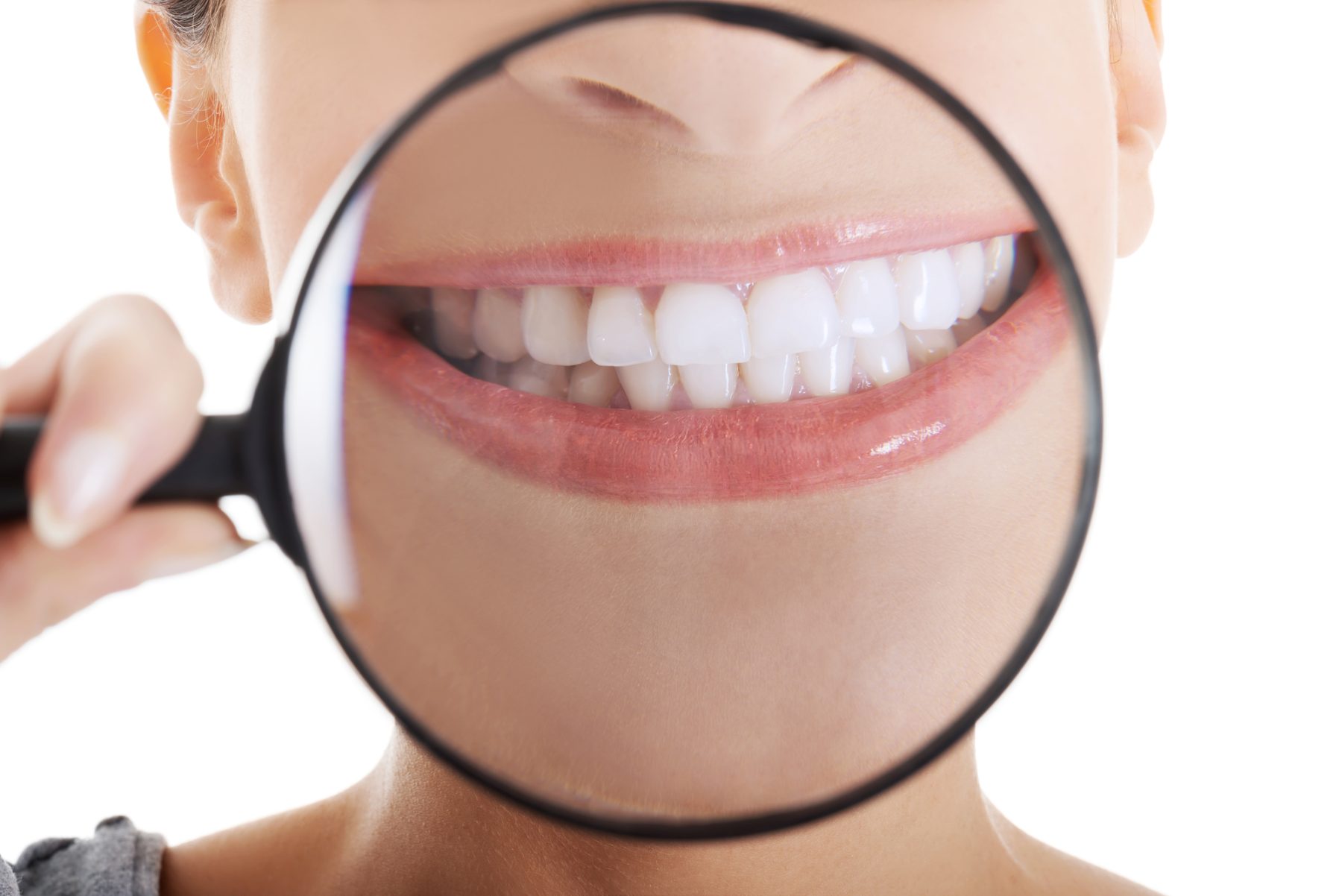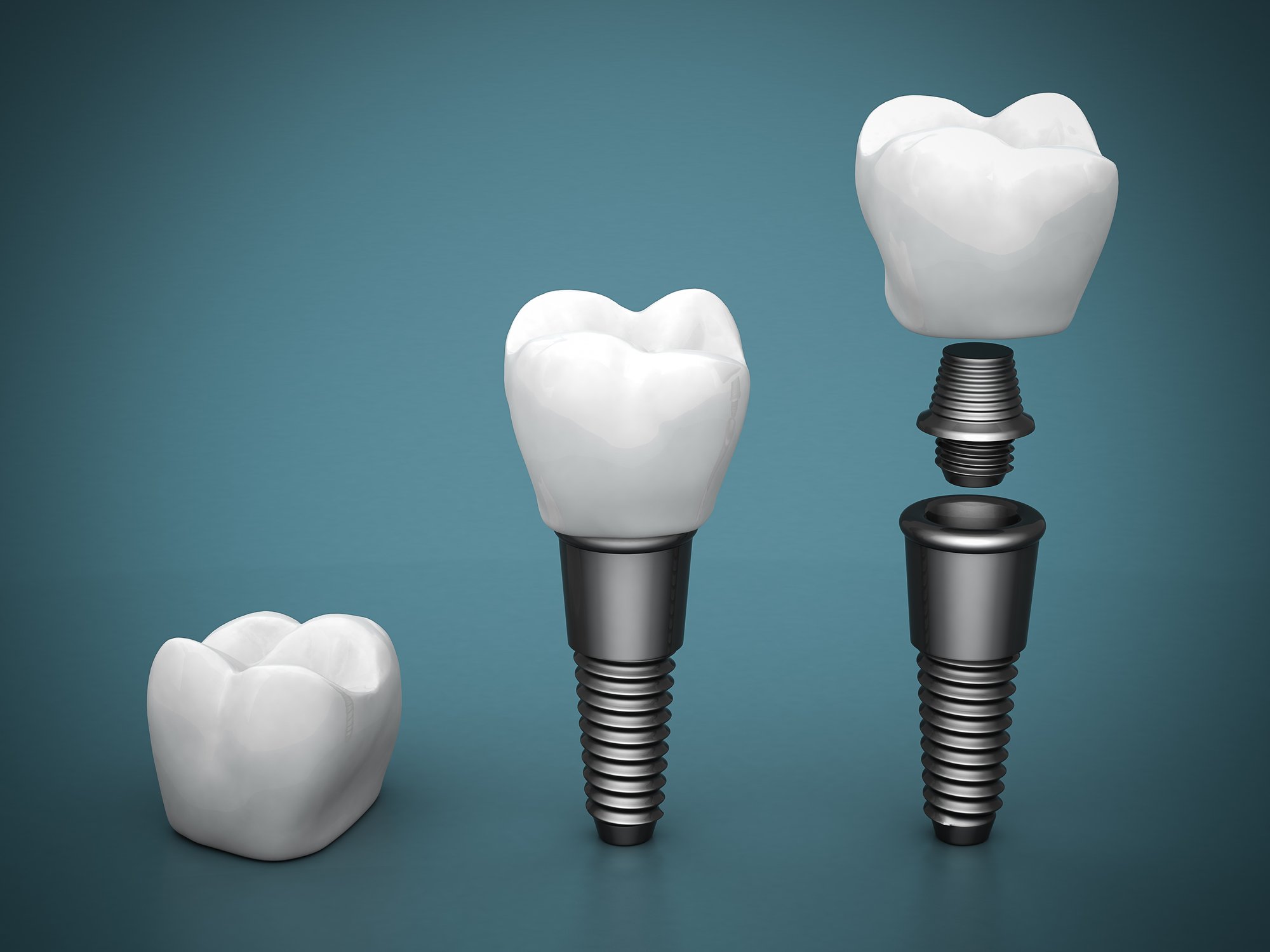
Eating disorders are a serious and growing problem, especially among Australian youth. Those who struggle with eating disorders may suffer from an array of related health concerns. One area that is often overlooked is the effects of eating disorders on oral health. But, as your dentists in Woolgoolga know, dental wellness can be a pivotal factor in treating – and even diagnosing – eating disorders.
At Magic Smiles Dental and Implant Centre, Dr. Arpit Pathak and his colleagues offer compassionate care to patients of all ages. They understand that eating disorders are a devastating burden, both for those who suffer from them and for their loved ones. They can perform appropriate treatment for any dental damage that may have already occurred. They can also work with your health care team to provide comprehensive care.
Contact Magic Smiles Dental and Implant Centre to learn more.
Eating Disorders: What You Should Know
Approximately 1 million Australians (or 4.5% of the population) are currently suffering from an eating disorder. And 10.5% of the population will or already have experienced an eating disorder in their lifetime. Sadly, these disorders often go undiagnosed.
There are several forms of eating disorders. The most common include:
- Anorexia nervosa: Severe restriction of calories to control weight.
- Binge eating disorder: Eating large quantities of food in a short time, often alone and accompanied by intense feelings of guilt or shame.
- Bulimia nervosa: Periods of binge eating followed by purging via deliberate vomiting, laxative use, restrictive eating, or excessive exercise.
How Eating Disorders Manifest Themselves in the Mouth
Bulimia may perhaps have the most noticeable effect on dental health, particularly if a patient induces vomiting. Frequent vomiting can lead to enamel erosion, especially on the back of the top front teeth. These teeth will then be more sensitive and susceptible to decay. Vomiting can also lead to a chronic sore throat and small sores on the soft oral tissues.
Binge eaters often consume large quantities of sugar or starches at a time. This can greatly increase their risk for tooth decay and gum disease.
Individuals who struggle with anorexia may suffer from severe malnutrition. Insufficient calcium and iron can weaken teeth, increasing the risk for dental damage and cavities. Without enough Vitamin D, patients often have weaker immune systems and are more at risk for gum disease.
The Role of Dentists in Addressing Eating Disorders
Dentists can sometimes play a key role in diagnosing eating disorders, especially bulimia. They are often the only ones in a position to observe telltale enamel erosion. And they may be able to recognize unusual dental damage and signs of weakened teeth.
While dentists in Woolgoolga obviously cannot treat eating disorders, they can alert patients’ families to their suspicions and encourage them to seek treatment. They can also provide important treatment to combat dental damage. Services could include fluoride treatments to strengthen dental enamel, crowns to restore cracked teeth, and periodontal care to address gum disease.
Contact Your Dentists in Woolgoolga
If you or a loved one is suffering from an eating disorder, routine dental care is all the more important. Schedule an appointment with our dentists in Woolgoolga today.
Reach us online or call us at (02) 6654-0650.












Recent Comments